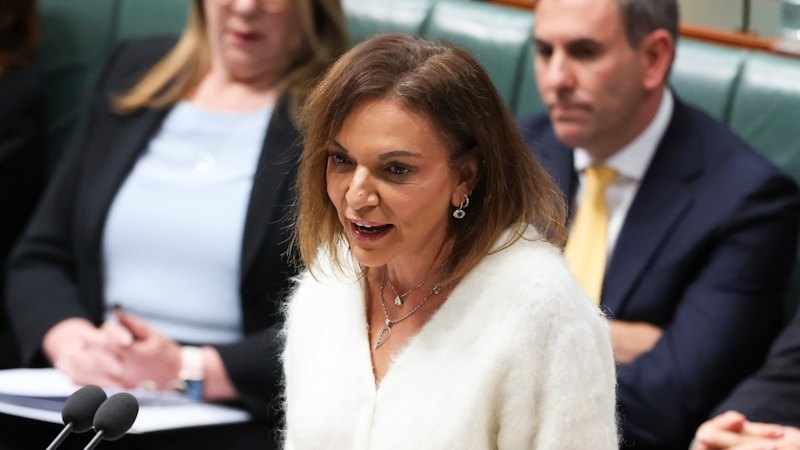
For Joey Dijkstra, coming out as a gender-diverse person in Albany, Western Australia, was fraught with challenges. Growing up in a conservative, Christian community, Joey faced significant misconceptions about their gender identity. “I grew up in a conservative, Christian community where gender diversity was demonised,” they shared. “To say it made exploring who I was and coming out scary is an understatement.”
Despite initial misunderstandings, Joey’s family played a pivotal role in their mental health journey. “Their support was crucial to my mental health journey,” Joey emphasized. “Continuing to connect with me as a person showed their unconditional love for me.”
Survey Highlights Importance of Family Support
A recent survey conducted by the national youth mental health organization headspace underscores the importance of family support for LGBTQ+ youth. The survey, which included over 2,000 family members of young people aged 12-25, revealed that nearly half of the respondents perceived the mental health of the queer youth in their family as ‘poor’ or ‘fair’. This contrasts with less than one-third of non-LGBTQ+ young people.
“Discrimination, assault and harassment”: New data paints a “sobering” picture of mental health for LGBTQ+ Australians.
The findings align with previous research indicating that LGBTQ+ youth experience higher rates of psychological distress and nearly double the rate of suicidal ideation compared to their non-queer peers.
Expert Opinions on Family Influence
According to Vikki Ryall, Chief Clinical Officer at headspace, family support is foundational for LGBTQ+ youth seeking further help. “When LGBTIQA+ young people feel fully supported, they experience better mental health, higher self-esteem, and a more positive outlook,” Ryall stated. She emphasized the importance of equipping friends and family to provide a positive initial experience, which can encourage continued help-seeking behavior.
Beyond encouraging professional support, family acceptance directly impacts mental health. “When LGBTIQA+ young people feel fully supported in their gender identity and sexuality, they experience better mental health, higher self-esteem, and a more positive outlook on the future,” Ryall added.
Personal Stories of Support and Transformation
Michelle, a mother who supported her child through their gender identity exploration, recalls the moment her child confided in her at age 12. “I think they were worried how I might react because they let me know by giving me a letter they had written but cut into many little pieces,” she recounted. Michelle’s response was one of gratitude and eagerness to understand her child’s feelings.
Accessing gender-affirming care was transformative for Michelle’s child. “Receiving gender-affirming care was lifesaving, literally,” Michelle said. The process, though lengthy and complex, was crucial for her child’s mental health.
Guidance for Families Supporting LGBTQ+ Youth
Michelle advises other parents to encourage open dialogue with their children. “Encourage your child to talk to you and listen to them without judgement,” she suggested. She also recommends seeking professional resources and connecting with other supportive parents.
Vikki Ryall concurs, stressing the importance of education for family members. “Educate yourself: this not only takes pressure off your young person, but also shows them that you care,” she advised.
Joey Dijkstra’s experience highlights the rewards of affirming one’s gender identity. “[It] opened up a whole new world of possibility for me,” Joey said, noting the blend of excitement and challenge in breaking free from traditional gender roles.
Michelle acknowledges the difficulties in supporting LGBTQ+ youth, particularly in a world that can be unkind. “Be prepared that not everyone will share your view,” she cautioned. “Most importantly, tell your child that you love and respect them and you are proud of them for being true to themselves.”
The ongoing dialogue around family support for LGBTQ+ youth is crucial, as it not only impacts individual lives but also shapes broader societal attitudes towards gender diversity and mental health.





